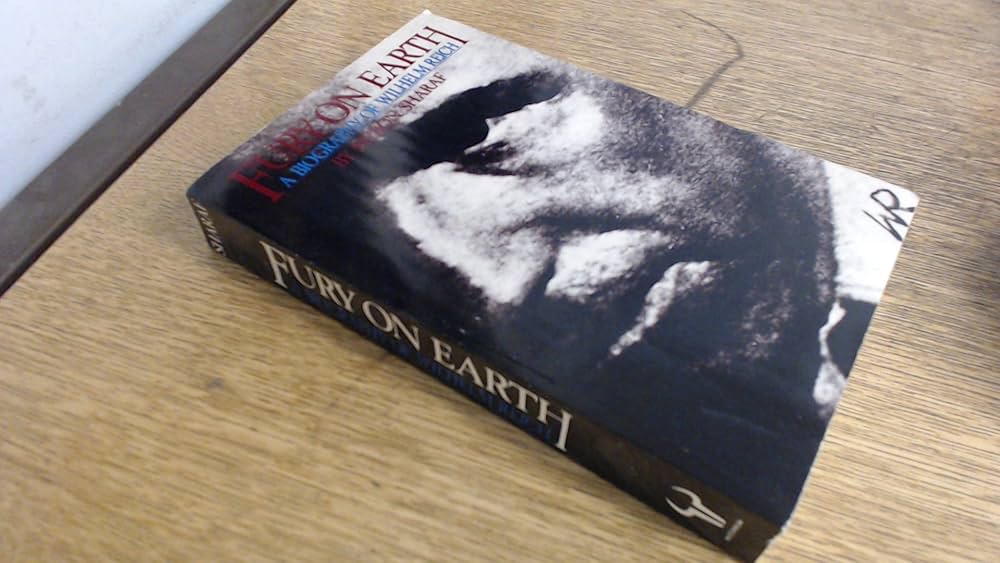Julia Ward Howe: Life Story, Works, and Legacy of the American Author and Poet
Introduction: The Woman Behind the Words
Julia Ward Howe was one of the most inspiring women of the 19th century. She was not just a poet but also a strong reformer, social activist, and supporter of women’s rights. Her name shines in American history because of her famous poem “The Battle Hymn of the Republic.” Yet, her achievements go far beyond that one masterpiece. Julia lived a long life full of courage, learning, and service to society.
Early Life and Education
Julia was born on May 27, 1819, in New York City. Her father, Samuel Ward, was a respected banker, and her mother, Julia Cutler Ward, came from a family that valued education. Sadly, Julia’s mother passed away when she was a child. That loss shaped her deeply and made her emotionally strong.
Julia loved reading from a very young age. She spent hours studying literature, philosophy, and religion. Books became her closest friends. Though she belonged to a wealthy family, she faced the same social limits that most women of her time did. Society expected women to stay quiet, manage homes, and follow traditional roles. Julia, however, had a different dream — she wanted to think, write, and express freely.
Marriage and Early Writings
In 1843, Julia married Dr. Samuel Gridley Howe, a well-known reformer and founder of the Perkins School for the Blind. He was dedicated to helping others but held conservative views about women. Julia, on the other hand, believed women deserved education and independence. Their different beliefs often caused conflicts.
Despite the personal struggles, Julia kept writing. Her first poetry collection, “Passion-Flowers,” published in 1854, spoke about her emotions and pain. The poems expressed her desire for freedom and equality. Readers connected with her honesty. Later, she published “Words for the Hour,” another strong collection filled with love, sorrow, and hope.
The Creation of “The Battle Hymn of the Republic”
The turning point of her life came during the American Civil War. In 1861, while visiting Washington D.C., Julia saw soldiers marching and singing “John Brown’s Body.” That same night, she felt inspired. Words came to her mind like a divine call. She woke up and wrote the poem “The Battle Hymn of the Republic.”
The poem was published in The Atlantic Monthly in 1862, and it soon became a national anthem of hope and courage. The line
“Mine eyes have seen the glory of the coming of the Lord,”
moved the hearts of millions. Julia’s words gave people strength during a dark time.
A Voice for Change and Equality
Julia Ward Howe was not only a writer — she was a changemaker. She joined movements for abolition of slavery, peace, and women’s rights. Her belief was clear: men and women should have equal opportunities.
She helped found the New England Woman Suffrage Association and later became president of the American Woman Suffrage Association. Julia also supported education and international peace. She strongly believed that wars could be prevented through dialogue and understanding.
In 1870, she wrote the “Mother’s Day Proclamation.” It called upon women worldwide to unite for peace and stop their sons from fighting wars. This idea later influenced the creation of Mother’s Day as we know it today.
Later Years and Recognition
Julia balanced her life beautifully — she was a mother of six children and a committed activist. Among her children, Laura E. Richards became an author and carried her legacy forward.
Julia continued writing essays and giving speeches on love, justice, and equality. Her message was simple yet powerful: writing can inspire people to change. In 1908, she became the first woman elected to the American Academy of Arts and Letters, a historic milestone for female writers.
Julia Ward Howe passed away on October 17, 1910, at the age of 91. Her journey proved that one woman’s voice can transform an entire society. Even today, her writings and activism inspire new generations to fight for freedom and fairness.
Key Lessons from Julia Ward Howe’s Life
-
She broke barriers in a time when women had very few rights.
-
Her poetry came from real feelings, making her words timeless.
-
She used her pen to fight for peace, freedom, and equality.
-
“The Battle Hymn of the Republic” continues to unite people with hope.
-
Her legacy shows how literature can inspire social change.
Conclusion: A Legacy That Still Inspires
Julia Ward Howe was not just a poet; she was a symbol of strength, wisdom, and compassion. Her life teaches us that true greatness comes from courage and purpose. She wrote not only to express herself but to awaken others. Through her poems and activism, she built a bridge between art and justice.
Even after more than a century, her spirit lives on — in every song of freedom and every voice raised for equality.








